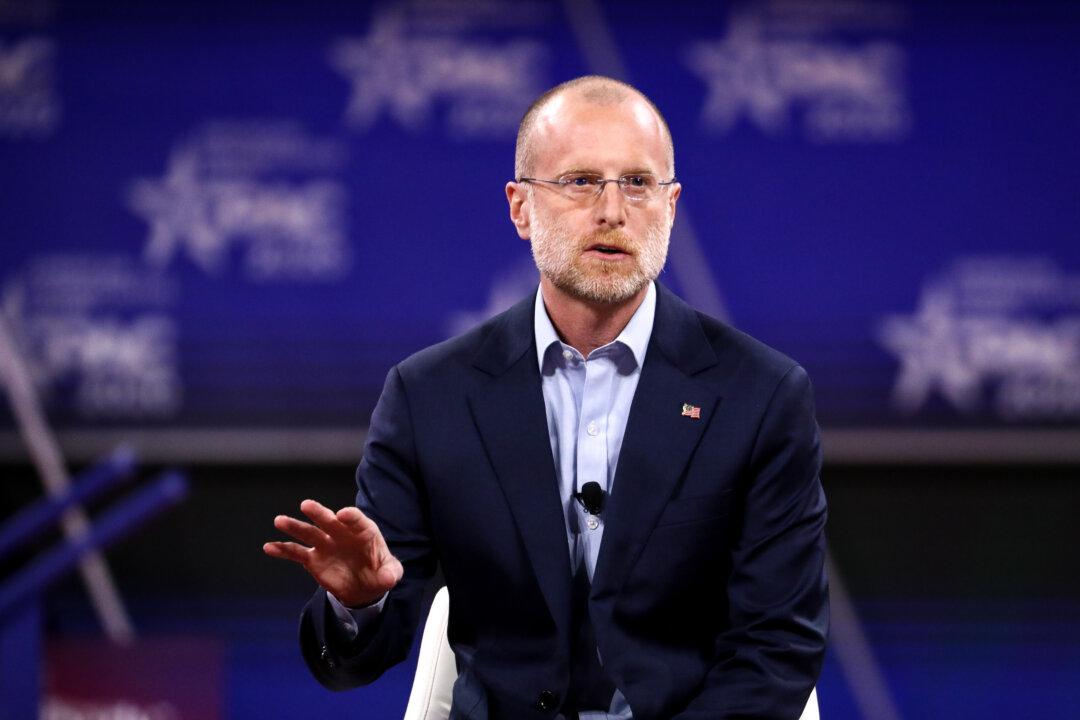The Federal Communications Commission (FCC) has officially terminated its promotion of diversity, equity, and inclusion (DEI), following a sweeping directive from President Donald Trump to end all “illegal and immoral discrimination programs” at federal agencies.
The decision to end DEI at the FCC was announced on Jan. 21 by newly appointed FCC Chairman Brendan Carr, who said the move aligns with both Trump’s order and the existing legal framework that underpins the agency’s existence and guides its work.





